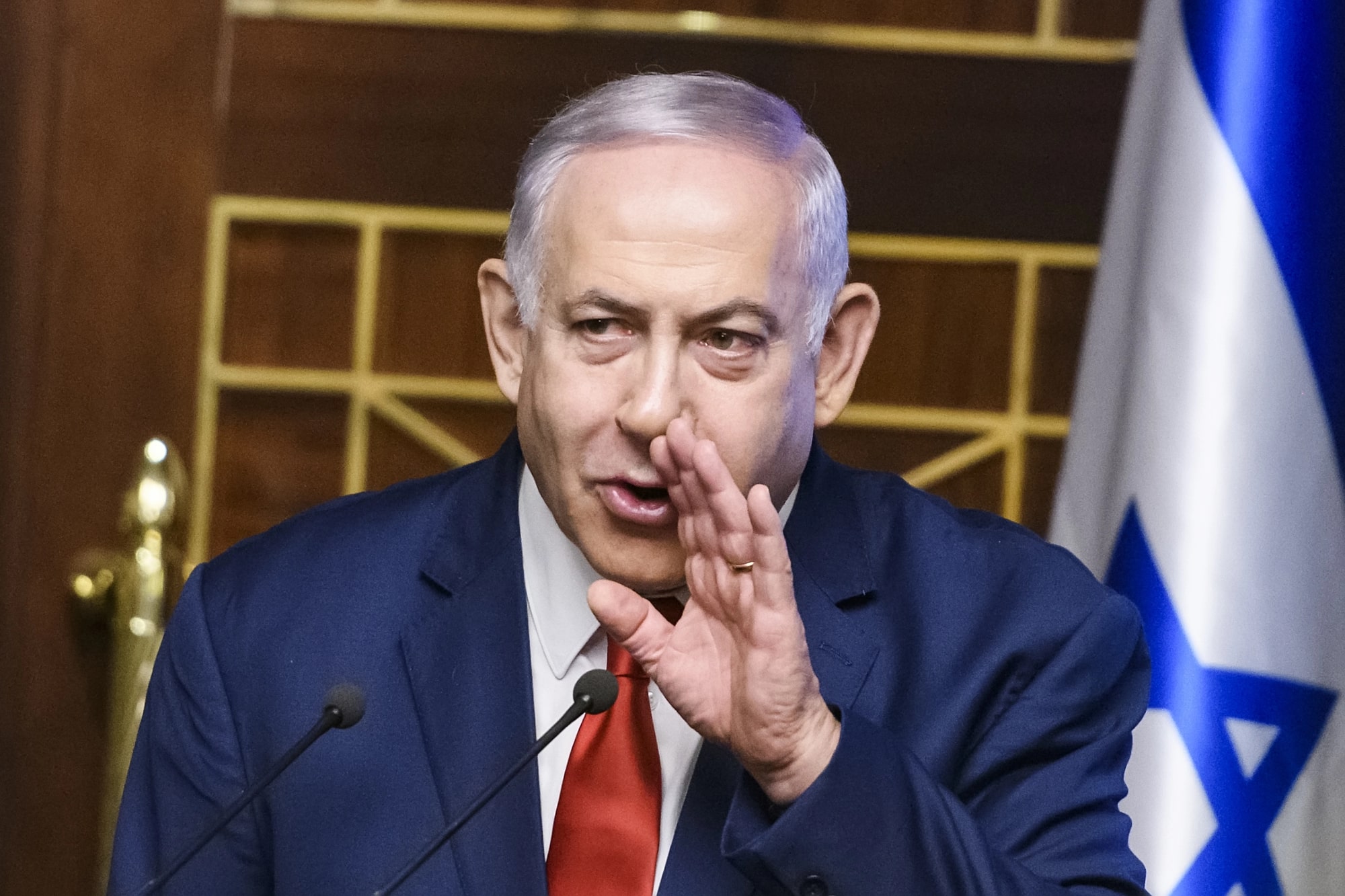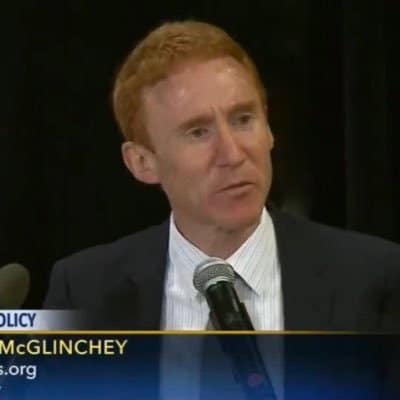Peace-loving people throughout the world breathed a sigh of relief when the Israeli-American war on Iran ended in June after 12 days, with President [Donald] Trump racing to triumphantly declare US strikes had “obliterated” Iran’s nuclear program.
While his rhetoric suggested he wanted Israel and the world to view the U.S. bombing as a lasting resolution of accusations that Iran was pursuing nuclear weapons, Israel and its Western collaborators are already setting the stage for new aggression against Iran. Israeli strikes could be just days or weeks away, with Netanyahu hoping that, this time, the United States will be drawn into yet another protracted, bloody regime-change campaign to further the Israeli agenda.
On Thursday, France, Germany and the United Kingdom notified the UN Security Council that they were starting the process to reimpose UN sanctions on Iran via “snapback” provisions of the 2015 nuclear deal.
Under that agreement—the Joint Comprehensive Plan of Action (JCPOA)—Iran agreed to many additional safeguards to ensure its nuclear program remains peaceful. For example, Iran eliminated its inventory of medium-enriched uranium, cut its low-enriched uranium by 98%, capped future enrichment at 3.67%, and rendered its heavy-water reactor inoperable by filling it with concrete. In exchange, Iran was granted sanctions relief.
Despite Iran’s compliance with the JCPOA, President Trump spontaneously withdrew the United States from the deal in 2018 and reimposed U.S. sanctions that his administration called “the toughest sanctions ever imposed” on Iran. Victimized by a new round of Israel-encouraged U.S. economic warfare, and lacking any other leverage to nudge the United States back into the deal, Iran began enriching uranium well above the levels allowed under the JCPOA.
Parroting Israel, Trump has insisted that Iran must cease all nuclear enrichment, something Tehran has categorically ruled out for years, asserting that it’s Iran’s right, both as a sovereign state and—unlike nuclear-armed Israel—as a signatory to the nuclear Non-Proliferation Treaty (NPT). Internal politics play a significant role in the impasse, with important Iranian segments opposed to bending to Western demands on a point of national pride for the scientifically-advanced country.
In something akin to Vito Corleone’s “offer that can’t be refused,” U.S.-Israeli insistence on zero enrichment is—quite deliberately—a demand that won’t be accepted. To the benefit of the warmongers, this demand helps ensure perpetual tension and recurring US-Israeli military brinksmanship, all pursuant to Israel’s long-standing goal of maneuvering the United States into an all-out war on Iran, or at least a major drive to topple the regime via proxies. That’s consistent with Israel’s strategy, which centers on continuously shattering territories and countries throughout the region so none can serve as a potent rival. It’s a strategy that’s taken an unfathomable toll that falls heaviest on the people of the region, but also profoundly harms the United States.
If broader UN sanctions are indeed reimposed on Iran via the JCPOA snapback provisions 30 days from last week’s joint notification, Iran’s rulers will be under pressure to respond. In July, Iran’s deputy foreign minister threatened that Iran may do so by withdrawing from the NPT, which would mean an end to ongoing supervision of the Iranian nuclear program by the International Atomic Energy Agency (IAEA).
Iran’s relationship with the IAEA is already badly strained. “Iran expelled IAEA inspectors in the wake of the US-Israeli war in response to the watchdog’s role in providing a pretext for the initial Israeli attack and for its failure to condemn the bombing of Iranian nuclear facilities,” explained Antiwar.com’s Dave DeCamp. Iran also says it suspects Israel obtained information from the IAEA that enabled the assassinations of more than a dozen Iranian scientists in June.
Iran allowed a team of inspectors to return last week, but it remains to be seen how much access they’ll be given. Among the largest questions looming over Iran’s bombed nuclear program: Where is the stockpile of 60%-enriched uranium that had been held deep under a mountain at Fordow? That enrichment facility was hammered by US bunker-buster bombs on June 22, but some reports have suggested Iran preemptively moved the uranium to another location before the Trump-ordered strike.
With both Israel and the United States threatening renewed warfare if Iran makes good on its promise to continue enriching uranium, Tehran will be justifiably reluctant to disclose the fate of its 60%-enriched uranium, or to give full access to its nuclear facilities, including those hit by Israel and the United States in June. After all, full transparency would certainly be exploited by military planners in Washington and Tel Aviv.

































